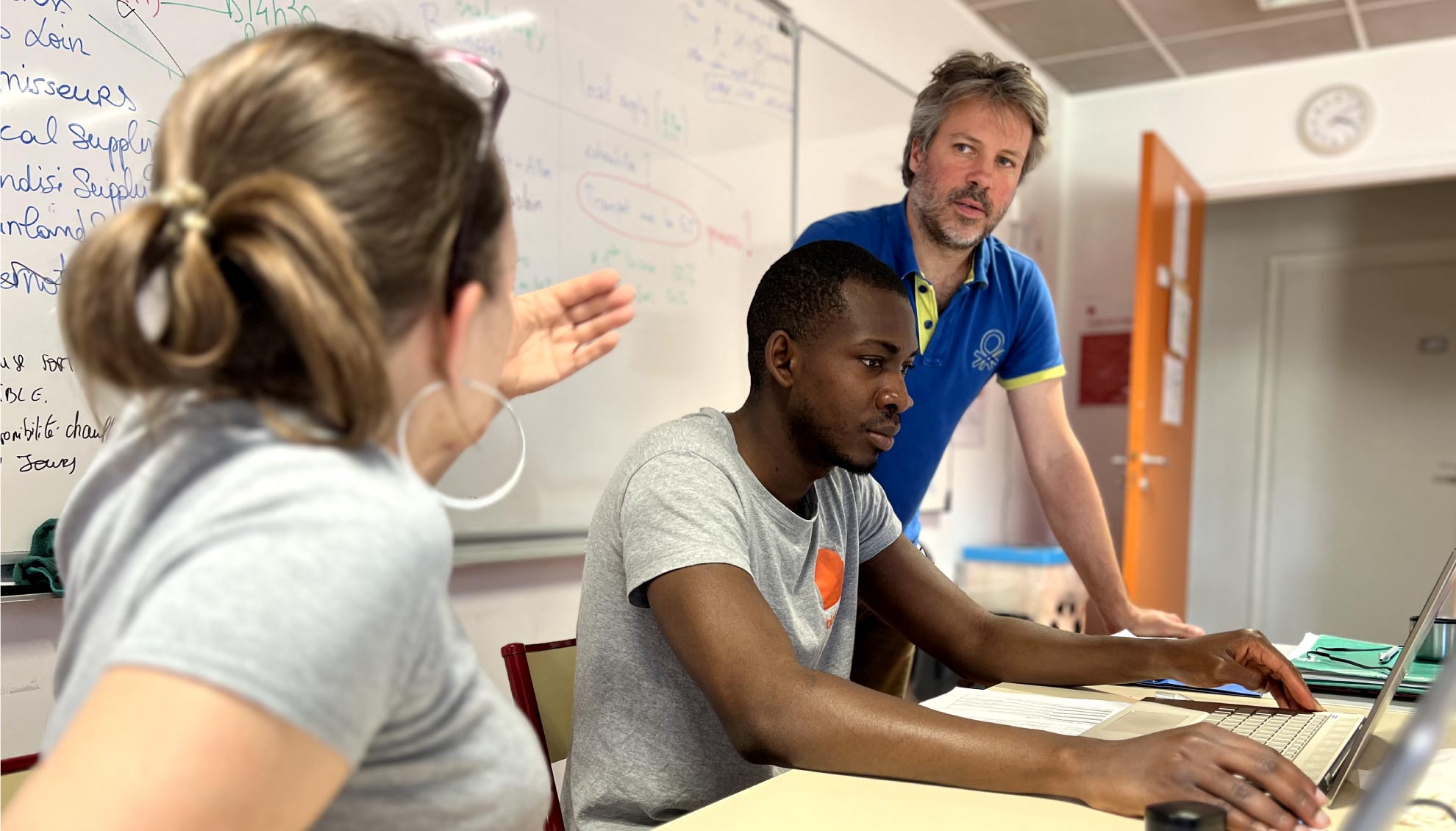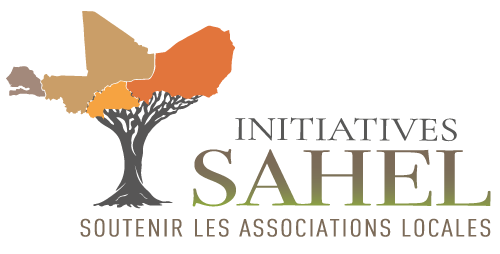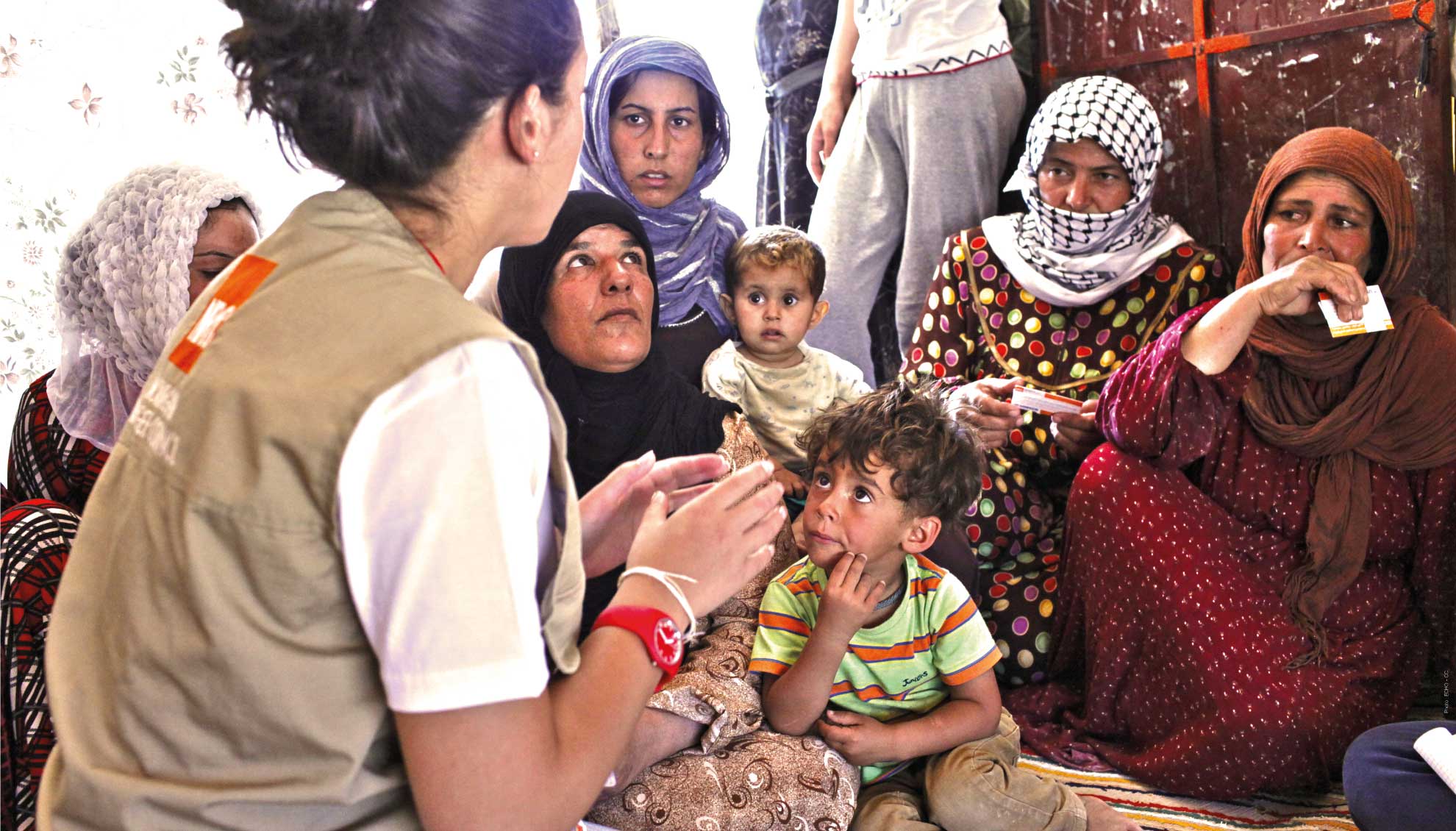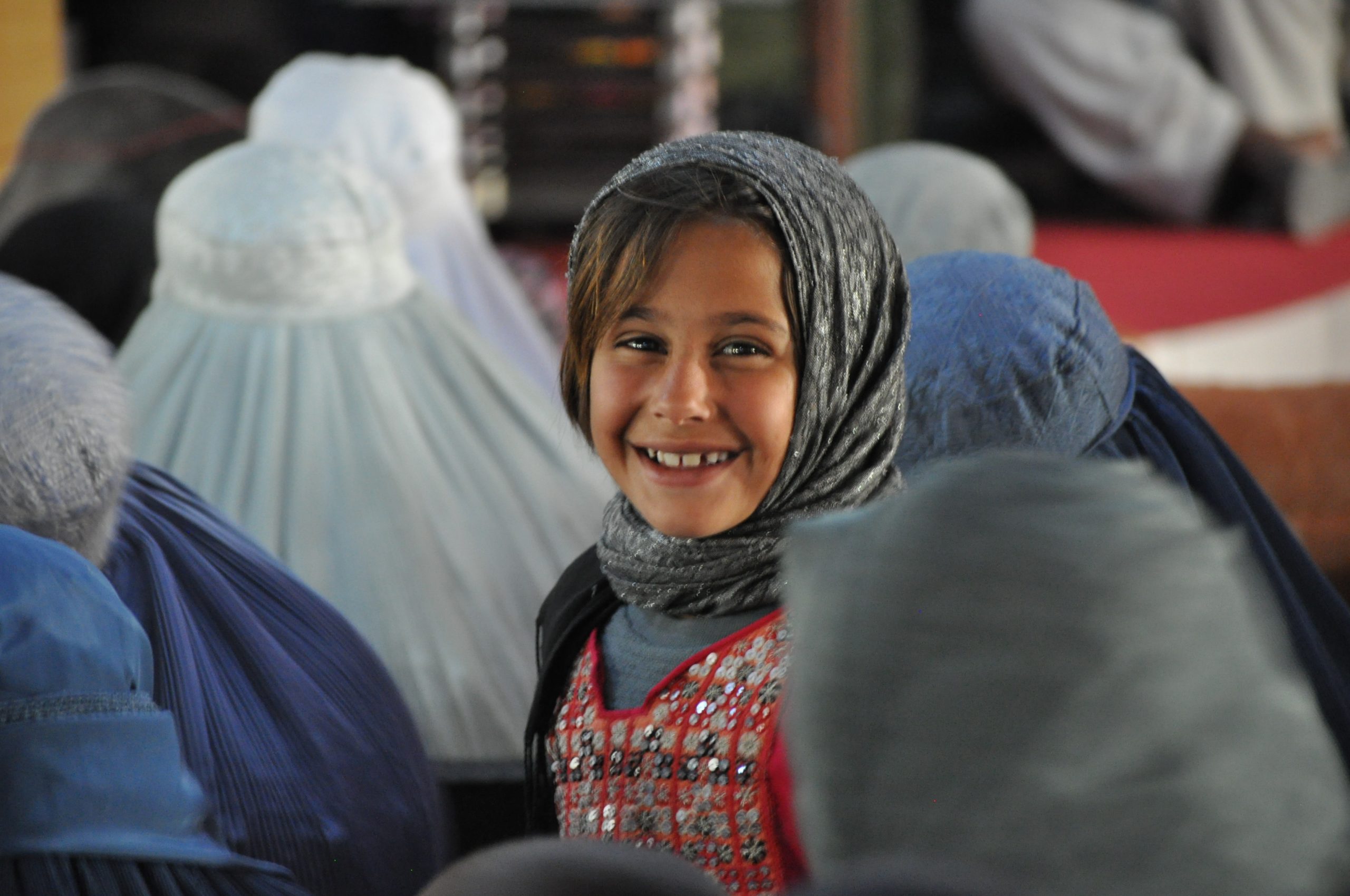
Our quality references
Our purpose is to empower the individuals and organisations which offer assistance to vulnerable populations, so we make no concessions on the quality of our training. And that is why our courses are highly reputed in France, in Europe and worldwide. The approvals hereunder are your guarantee.
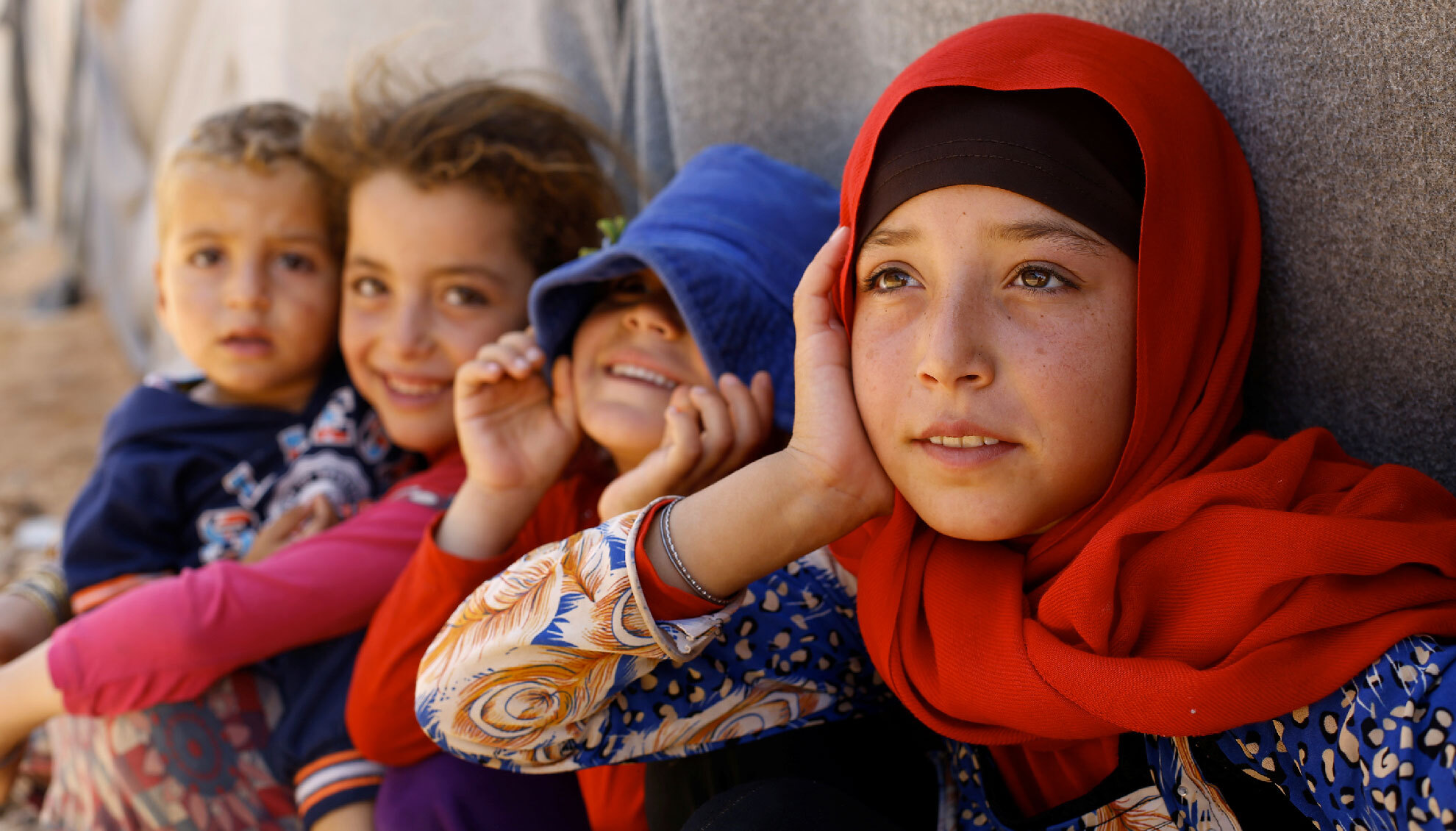
Our quality commitments
We implement and promote capacity building which draws on Bioforce’s own specific methodology and addresses the needs identified by individuals, organisations and the humanitarian sector.
We ensure conducive learning conditions and facilitate impartial and fair access to our capacity building measures
We ensure our resources are managed in an optimal way, endeavouring to ensure they match our targets.
We assess and improve the impact of our work by setting up a monitoring, evaluation and learning system (MEAL) to contribute towards continual improvement and foster collective learning.
We are accountable to our activities’ stakeholders.

HPass approved training courses
Bioforce is an HPass-certified training provider: our courses meet the quality standards developed in consultation with 400 humanitarian organisations worldwide, which list best teaching and assessment practice. These quality standards enable the professional skills of humanitarian workers to be recognised, developed and validated on the same basis worldwide.
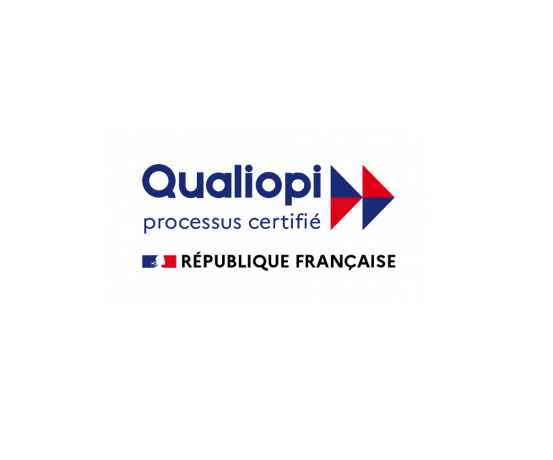
QUALIOPI CERTIFIES THE QUALITY OF OUR TRAINING ACTIVITIES
Qualiopi is a quality certification mark for training providers, created by the French government. This certification underlines Bioforce’s commitment to the quality of training and the certification of humanitarian actors.
Qualiopi certification was awarded to Bioforce for the AFC (continuing education programmes) and VAE (accreditation of prior learning) categories.
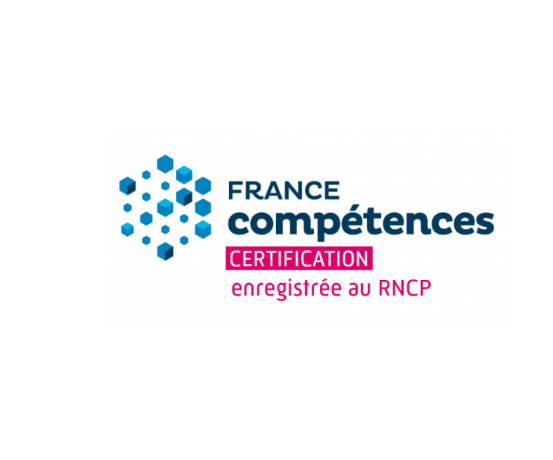
Diplomas recognised in France and at a European level
Our diploma courses award students with diplomas registered at the French National Directory of Professional Qualifications. According to the new European Qualifications Framework, these certifications equate to levels 7, 6 and 5 (equivalent to a 5, 4 and 2-year high education diploma). They can be accessed through Accreditation of Prior Learning.
What difference does it make to be registered in this Directory?
In order to adapt to changes in the humanitarian sector, Bioforce conducts job surveys every 2-3 years with humanitarian organisations (skills required to carry out each profession for which we provide training). These skills are listed in a reference document, used to design the content of courses. This document is sent to the French National Commission for Professional Qualifications. Approval by this Commission and registration at the French National Directory of Professional Qualifications, marks the state’s recognition as well as its suitability to the job market.
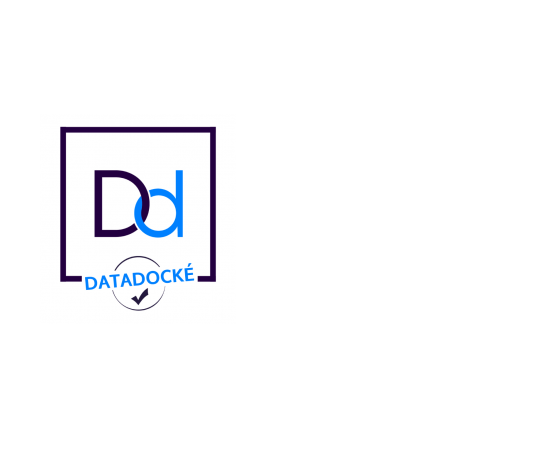
Datadock, making it easier to find funding for courses
Bioforce is listed in Datadock’s directory of training providers which meet the quality criteria required by French law. This listing makes it easier to get financial support for training courses from about 40 funding bodies. Our reference number is 0011551.
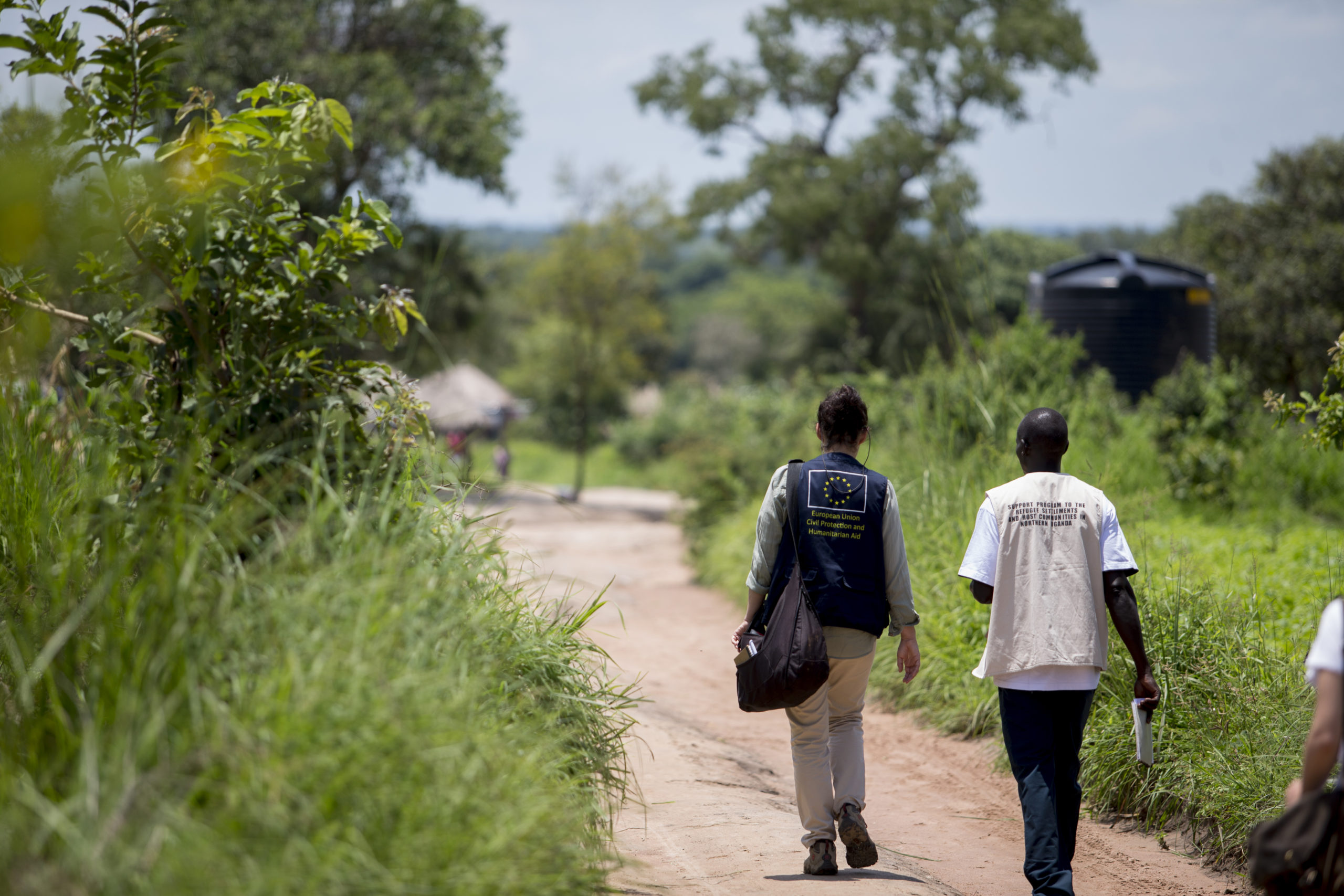
Training courses co-designed with our partners
Whether you are looking to learn a new humanitarian profession through diploma courses, or acquire new skills through continual professional development open courses, Bioforce works closely with well-known, reputed university and humanitarian partners to offer you courses which are strictly in line with their needs.

A diploma course approved by the Conférence des Grandes Ecoles
Our partnership with Grenoble School of Management enabled us to set up an academic training course in 2012, accredited by the Conférence des Grandes Ecoles: the Master of Science in Humanitarian Programme Management. The Conférence des Grandes Ecoles is an accreditation body which ensures basic principles (excellence, employment opportunities, international outlook, etc.) are adhered to, and certifies the quality of programmes.
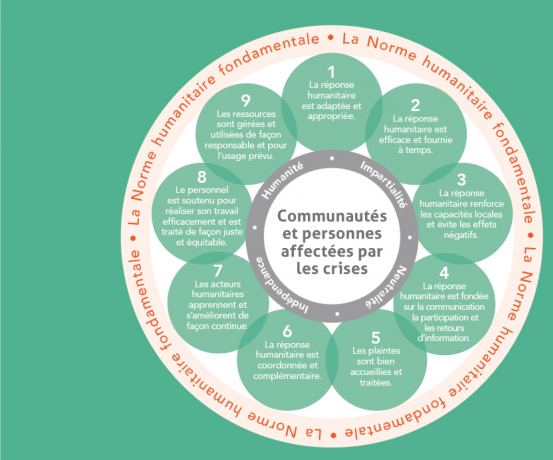
BIOFORCE’S HUMANITARIAN RESPONSE MEETS QUALITY AND ACCOUNTABILITY STANDARDS
Bioforce’s capacity building activities comply with the 9 commitments of the Core Humanitarian Standard on Quality and Accountability of the CHS Alliance, a global alliance of humanitarian organisations committed to improving the quality of aid.
